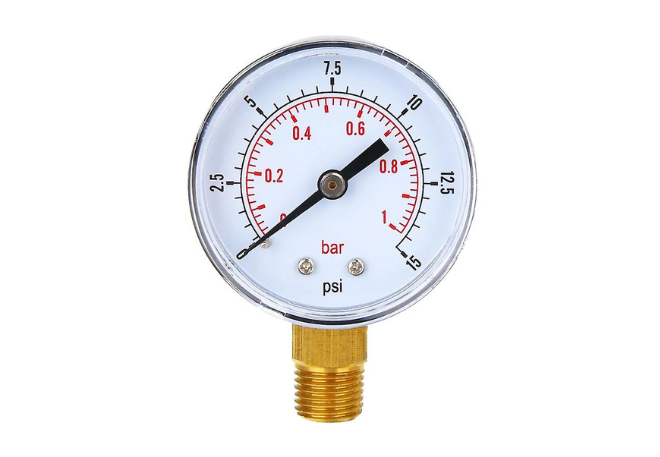Powering Up: What Are the Best Generators and Accessories for Your Needs?
In the world of power equipment, generators stand out as crucial tools for both emergency situations and everyday use where grid power isn't available. Whether you're preparing for potential power outages or need a reliable source of power for a camping trip, understanding the different types of generators and their accessories is essential. In this blog post, we'll dive deep into the world of generators, focusing on portable generators and their necessary accessories, to help you make an informed decision.
Understanding Generators: Why Are They Essential?
Generators convert mechanical energy into electrical power, offering a temporary solution during power outages or providing energy in areas without grid access. They come in various sizes and power capacities, making them suitable for a wide range of applications—from powering a single appliance to running an entire house or office.
The Critical Role of Portable Generators
Portable generators are particularly popular due to their versatility and ease of use. They can be used for recreational activities such as camping and tailgating, as well as for professional use on construction sites or in remote field operations. Their portability makes them ideal for situations where temporary power is needed at different locations.
How Do Generators Work? The Mechanics Explained
At their core, generators operate on the principle of electromagnetic induction, which involves converting fuel (like gasoline, diesel, or propane) into mechanical energy, which then drives an electric generator to produce electricity. This section explains the mechanical workings of generators, providing insights into how they deliver power reliably.
Types of Generators: From Portable to Standby
While focusing on portable generators, it's beneficial to compare them with their counterparts. Here's a look at different types of generators:
-
Portable Generators: Compact and easy to move, these are perfect for outdoor recreational use and small-scale commercial applications.
-
Inverter Generators: Known for quieter operation and more efficient power production, suitable for sensitive electronic devices.
-
Standby Generators: Installed permanently, these automatically provide power during an outage and are ideal for homes or businesses.
Key Features to Consider
When selecting a generator, consider these essential features:
-
Power Output: Measured in watts, it determines what appliances you can run simultaneously.
-
Fuel Type: Choices include gasoline, diesel, propane, or dual-fuel options, each with its advantages.
-
Noise Level: Especially important for residential areas or campsites.
-
Portability: Look for models with handles and wheels to enhance mobility.
Benefits of Owning a Generator
The advantages of having a generator are vast:
-
Emergency Preparedness: Ensures power during outages, keeping lights, appliances, and critical equipment running.
-
Flexibility and Convenience: Provides power on the go, ideal for outdoor events.
-
Increased Home Value: A standby generator can increase property value and appeal to potential buyers.
Generator Accessories: Enhancing Performance and Safety
To maximise the efficiency and safety of your generator, consider investing in quality accessories:
-
Covers and Enclosures: Protect your unit from weather elements and reduce noise.
-
Extension Cords and Plugs: Ensure safe and efficient power distribution, particularly for heavy-duty needs.
-
Transfer Switches: For standby generators, these switches safely connect the generator to your home’s electrical panel, eliminating manual setup during outages.
The Importance of Portable Generator Accessories
For portable generators, specific accessories can significantly enhance their utility and safety. These include:
-
Wheel Kits: Enhance mobility over rough terrain.
-
Fuel Stabilisers: Maintain fuel quality and ensure easy starting, especially after storage.
-
Maintenance Kits: Keep your generator in top operational condition with regular maintenance.
Applications of Generators: Where and How They Are Used
Generators are not just for emergencies. They are used across various sectors:
-
Residential: Powering homes during outages or for outdoor recreational activities.
-
Commercial: Essential in industries like construction, where power tools must operate independently of grid power.
-
Events: Providing power for festivals, weddings, and outdoor parties where grid power is inaccessible.
Conclusion: Choosing the Right Generator and Accessories
Selecting the right generator involves understanding your power needs, the environments in which the generator will operate, and the specific features that enhance usability and safety. By equipping yourself with the right generator and accessories, you ensure reliable power when and where you need it most.
By understanding portable generators and their accessories, you are well-prepared to handle power needs in various situations, from emergency power outages to outdoor adventures, ensuring that you stay powered up no matter the circumstances.




Comments
Post a Comment